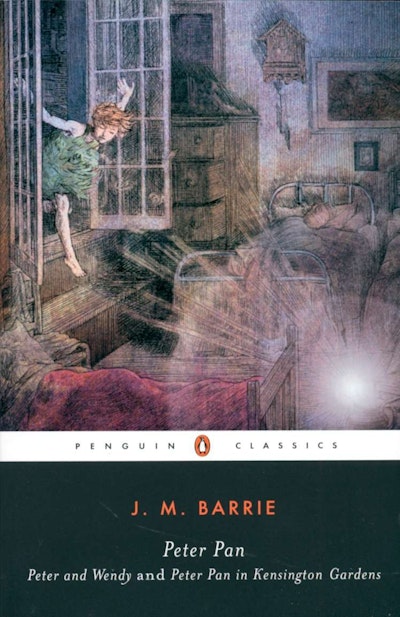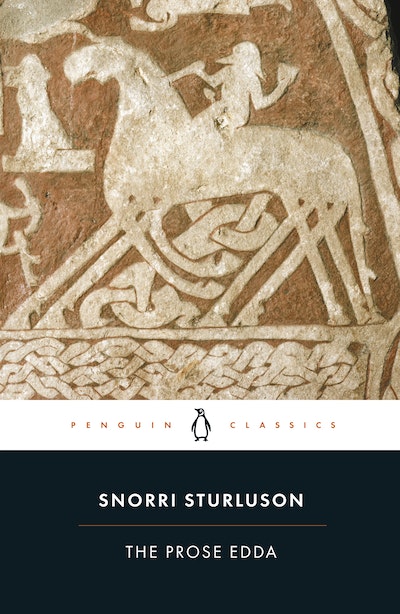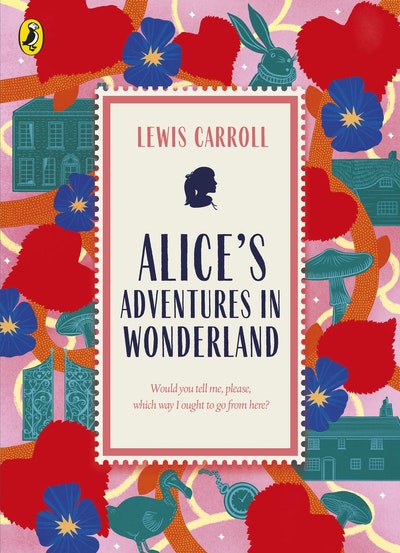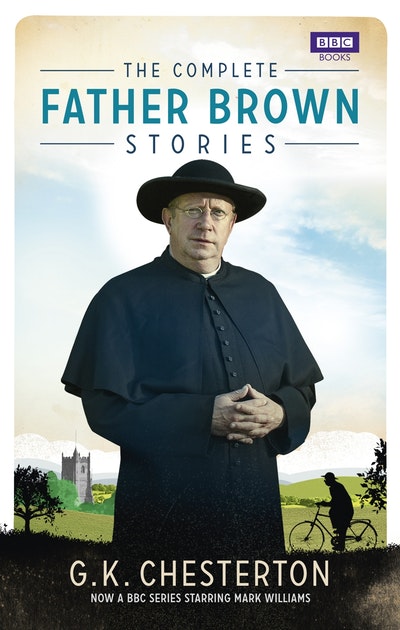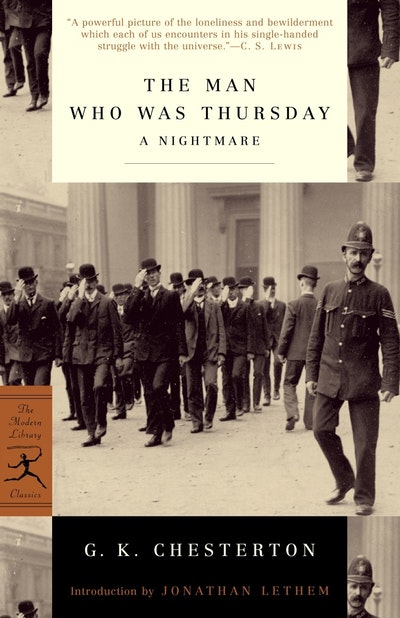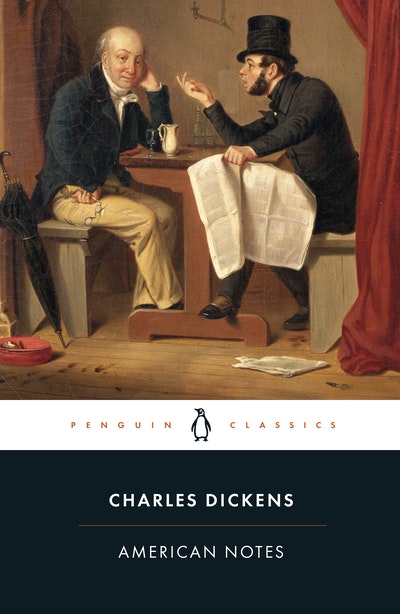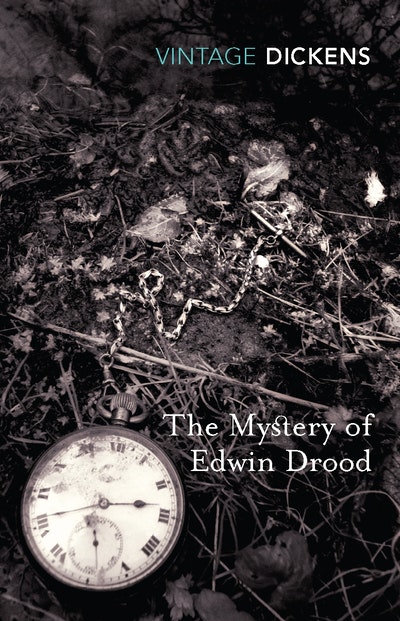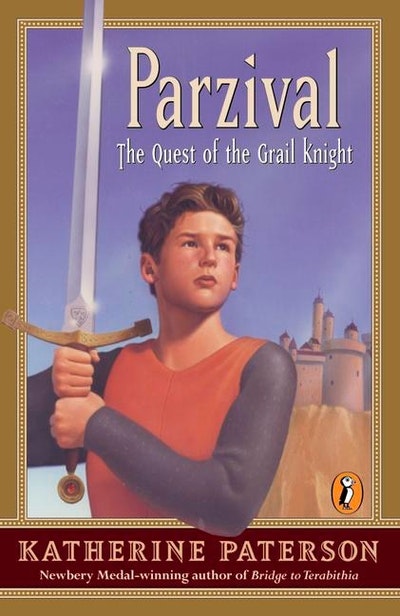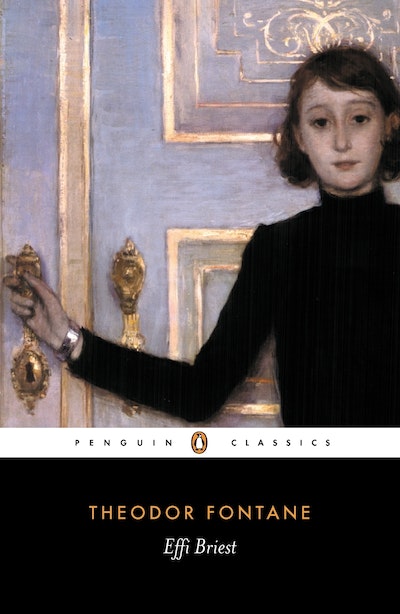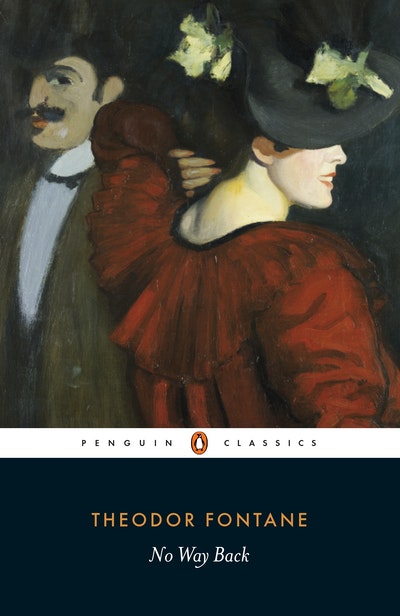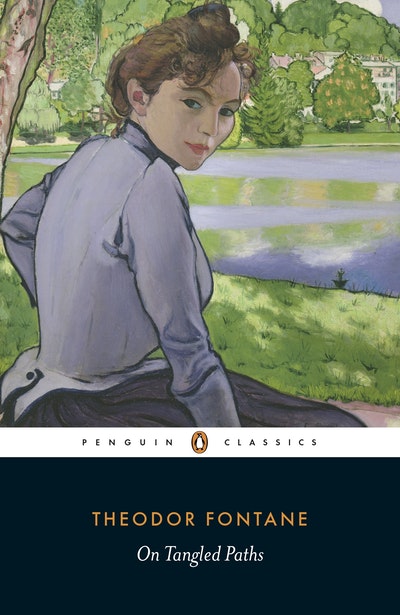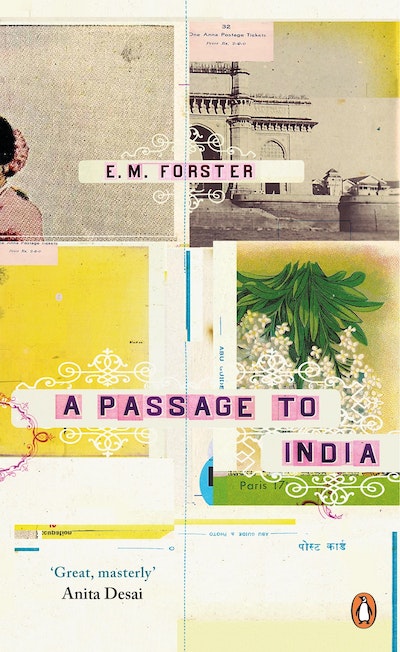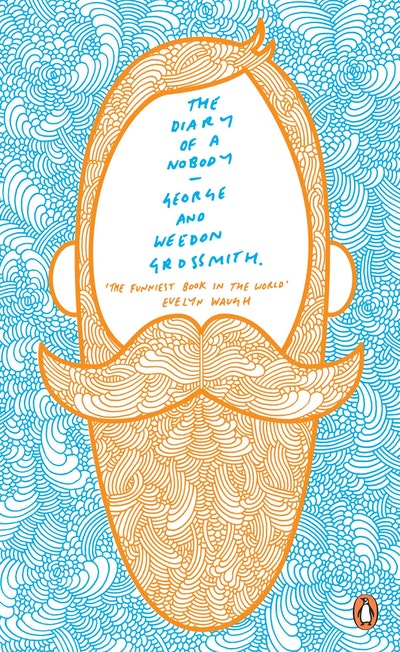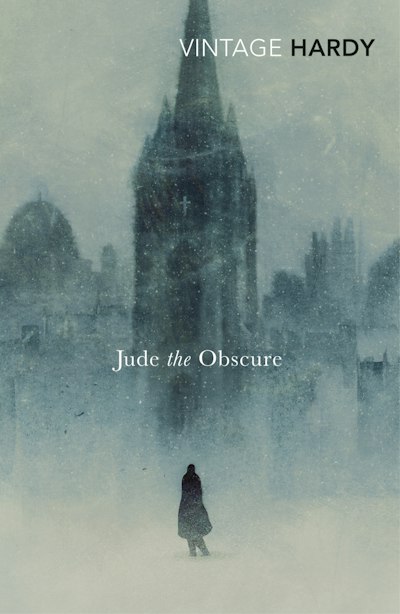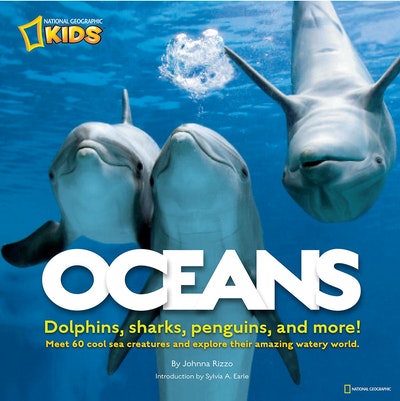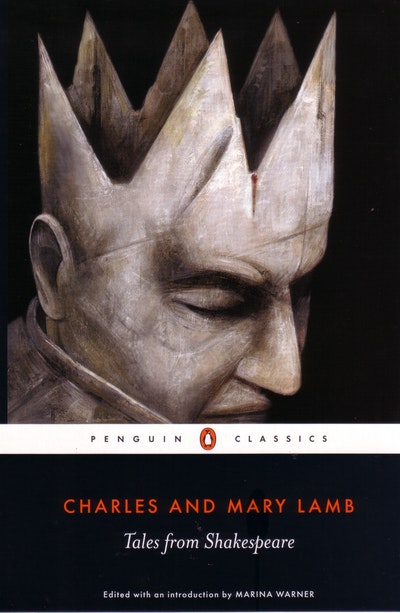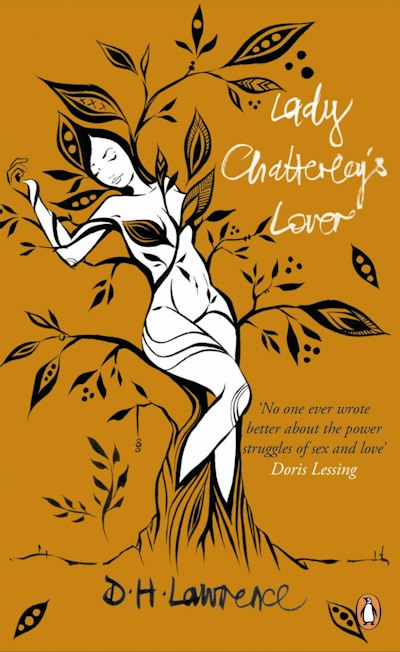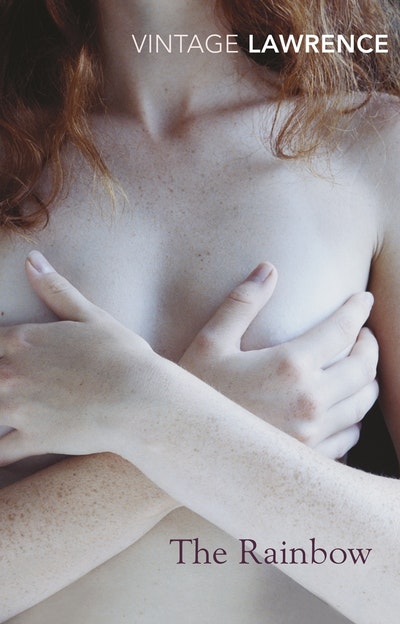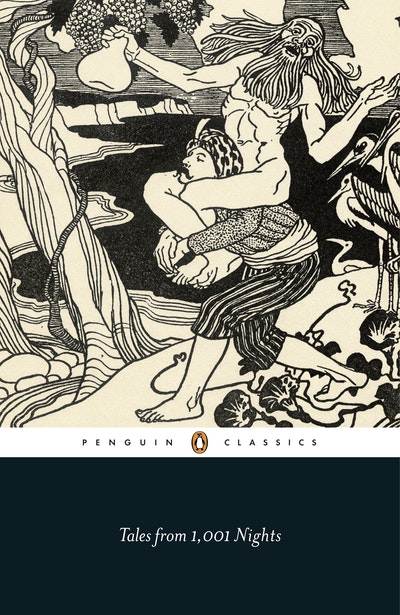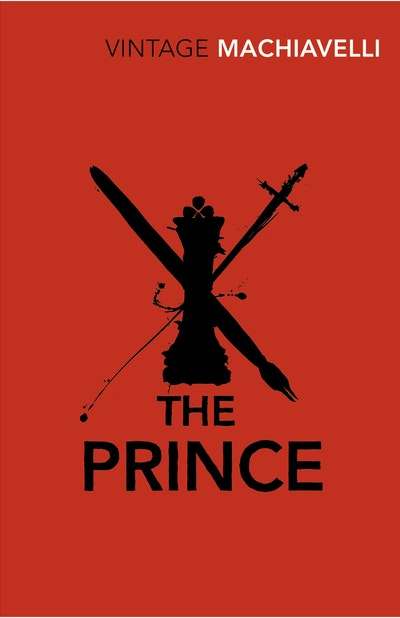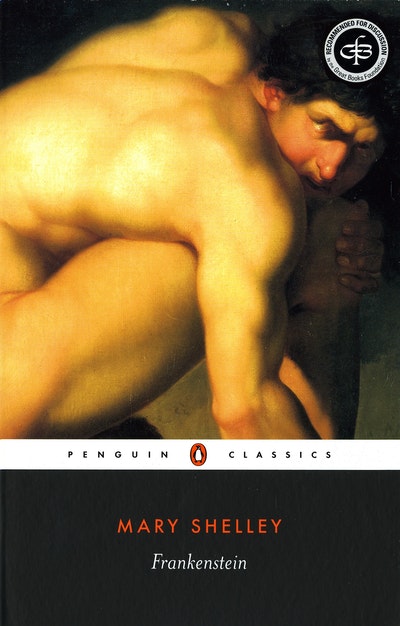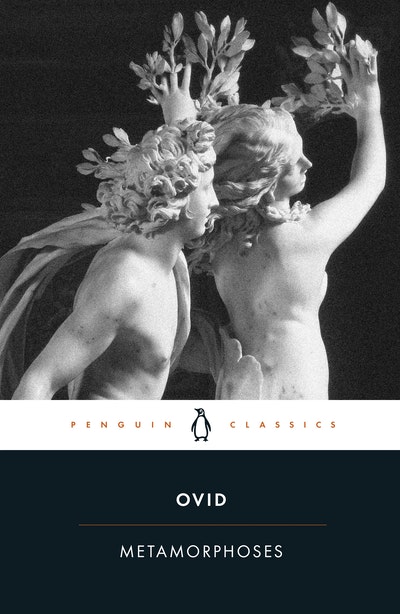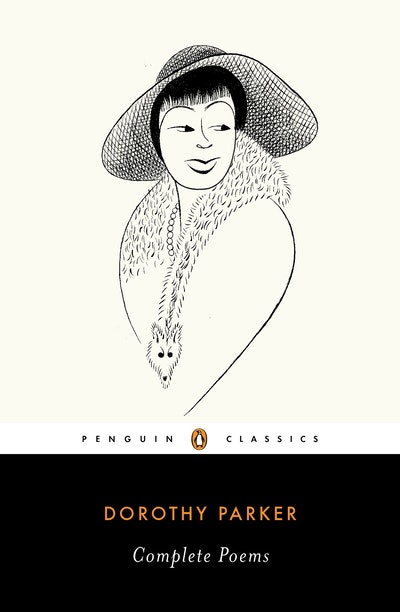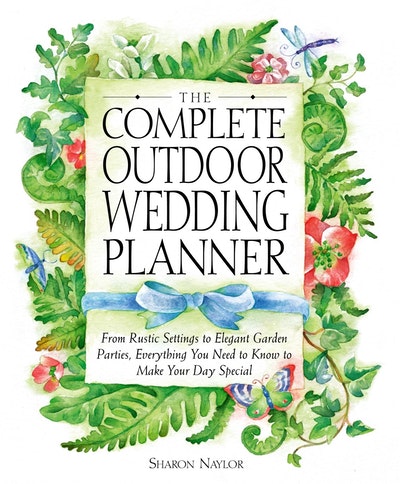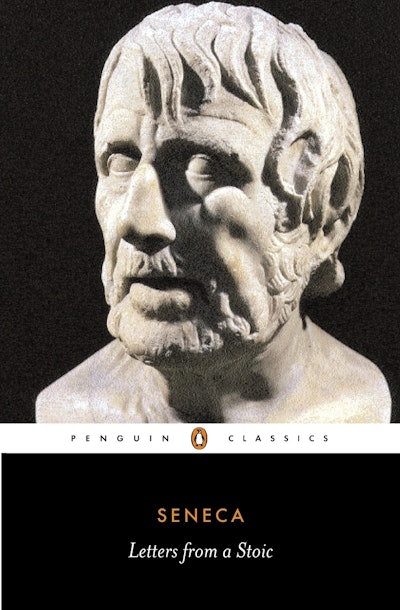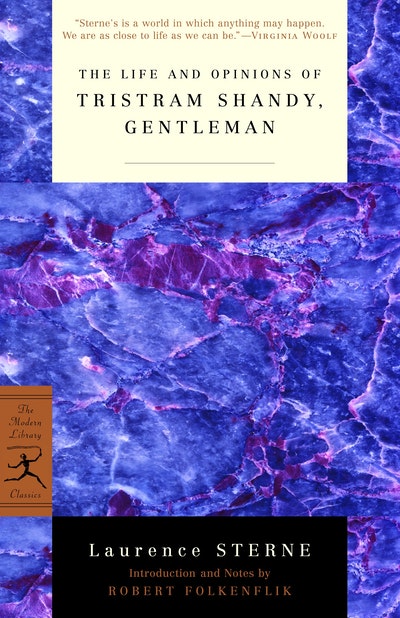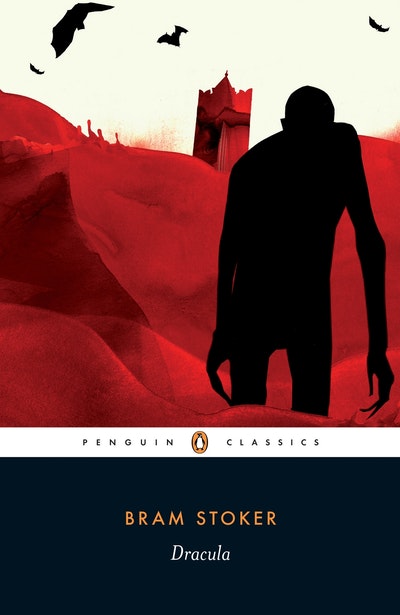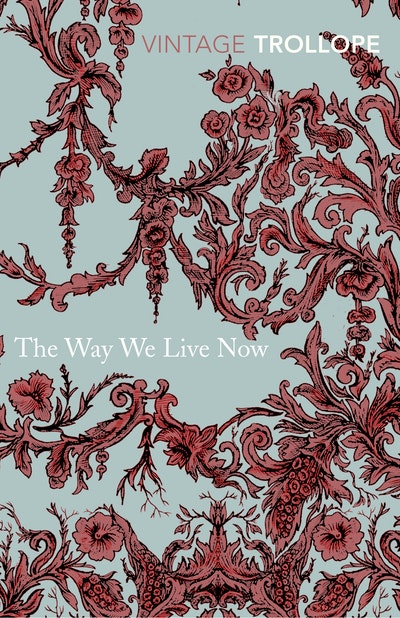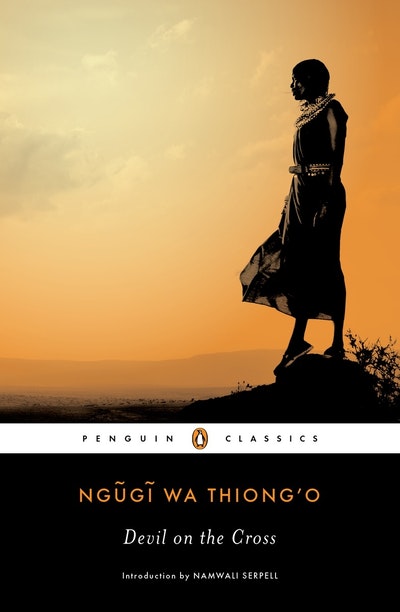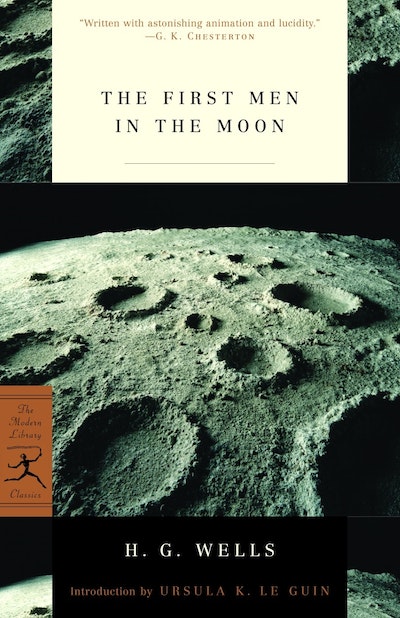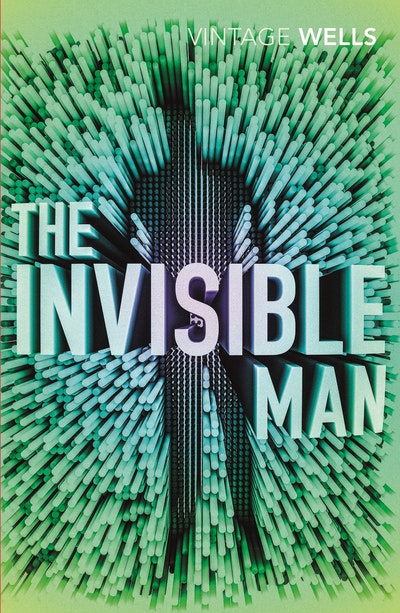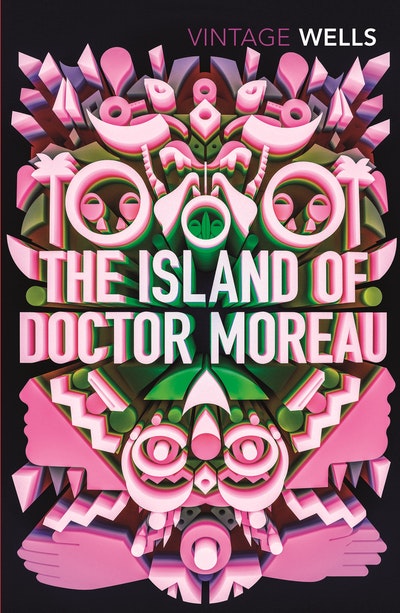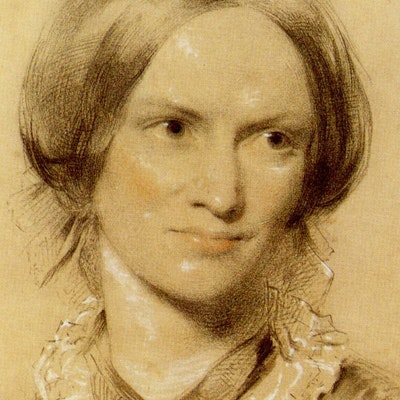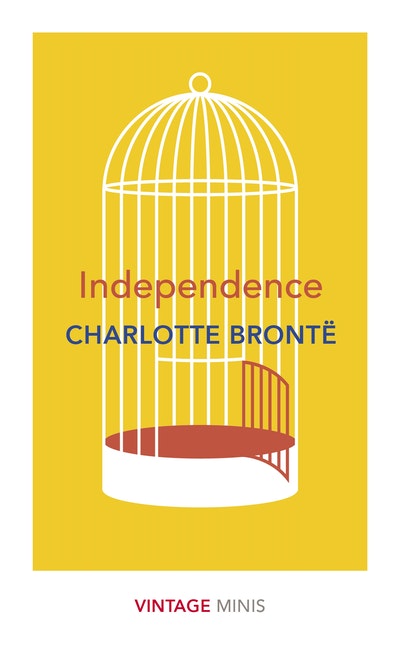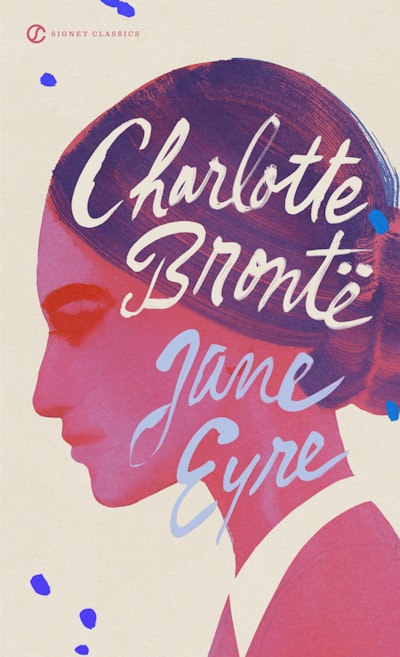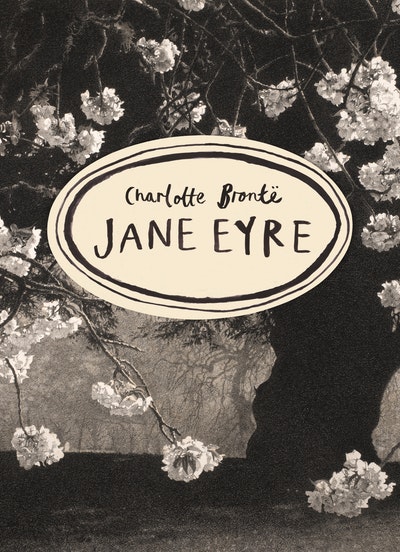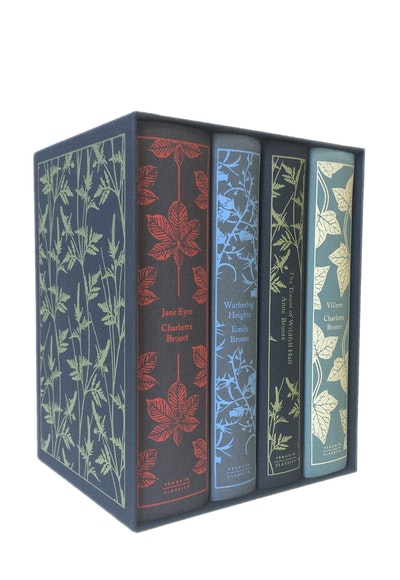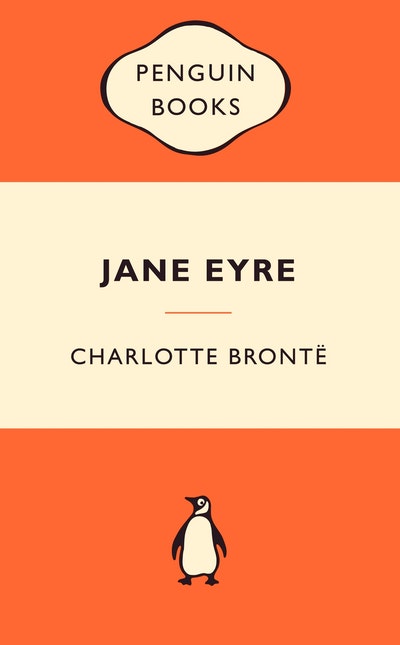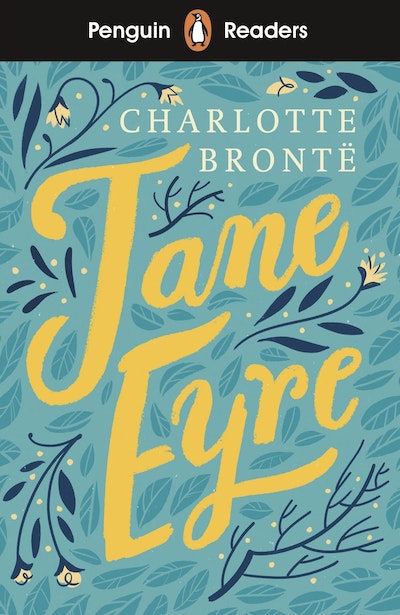- Published: 18 January 2022
- ISBN: 9781784877521
- Imprint: Vintage Classics
- Format: Paperback
- Pages: 672
- RRP: $26.00
Jane Eyre
Meet ten of literature's most iconic heroines, jacketed in bold portraits by female photographers from around the world
'Do you think, because I am poor, obscure, plain, and little, I am soulless and heartless? - You think wrong!'
This is the story of Jane, an orphan in Victorian England, she is relentlessly bullied and deprived by her aunt and the charity school she is banished to. Yet Jane emerges from a tragic childhood a curious young woman with an indomitable spirit. When she finds work as a governess at Thornfield Hall it seems Jane has finally met her match in the unconventional Mr Rochester.
But as her feelings for Mr Rochester grow, so do her suspicions that something darker lurks within the walls of this vast mansion... Jane Eyre is the unforgettable Gothic tale of a woman's search for happiness.
Meet ten of literature's most iconic heroines, jacketed in bold portraits by female photographers from around the world.
- Published: 18 January 2022
- ISBN: 9781784877521
- Imprint: Vintage Classics
- Format: Paperback
- Pages: 672
- RRP: $26.00
Other books in the series
About the author
Charlotte Bronte was born on 21 April 1816. Her father was curate of Haworth, Yorkshire, and her mother died when she was five years old, leaving five daughters and one son. In 1824 Charlotte, Maria, Elizabeth and Emily were sent to Cowan Bridge, a school for clergymen's daughters, where Maria and Elizabeth both caught tuberculosis and died. The children were taught at home from this point on and together they created vivid fantasy worlds which they explored in their writing. Charlotte worked as a teacher from 1835 to 1838 and then as a governess. In 1846, along with Emily and Anne, Charlotte published Poems by Currer, Ellis and Acton Bell.After this Emily wrote Wuthering Heights, Anne wrote Agnes Grey and Charlotte wrote The Professor. Wuthering Heights and Agnes Grey were both published but Charlotte's novel was initially rejected. In 1847 Jane Eyre became her first published novel and met with immediate success. Between 1848 and 1849 Charlotte lost her remaining siblings: Emily, Branwell and Anne. She published Shirley in 1849, Villette in 1853 and in 1854 she married the Rev. Arthur Bell Nicholls. She died the next year, on 31 March 1855.
Charlotte Bronte was born at Thornton, Yorkshire, in 1816. Her mother died in 1821, and Charlotte, her four sisters, Maria, Elizabeth, Emily and Anne, and her brother Branwell were left in the care of their aunt, Elizabeth Branwell. Left to pursue their education mainly at home, all the Bronte children became involved in a rich fantasy life and Charlotte and Branwell collaborated in the invention of the imaginary kingdom of Angria. In 1824 Charlotte went with Maria, Elizabeth and Emily to a school for daughters of the clergy; her experiences there are fictionalized in the Lowood section of Jane Eyre (1847; written under the pseudonym of Currer Bell). She wrote three other novels, Shirey (1849) Vilette (1853) and She Professor (published posthumously in 1857). She also made occasional visits to London where she became known to various writers, including William Thackeray and Elizabeth Gaskell. In 1854 Charlotte finally overcame her father's objections and married, but unfortunately she was to die in the following year.
Praise for Jane Eyre
Never fails to reconnect me to the spirit of real romance. Timeless story. Every page throbs with passion.
Saga Magazine
After all these years, it's the emotions we most respond to in Jane Eyre. This is also a novel about intellectual growth, written by a fiercely intelligent writer. She has a formidable brain as well as a strongly beating heart, and so it will still seem another 100 years from now.
Sam Jordison, Guardian
Wonderful, teasing. That her great novel of wish-fulfilment is still widely devoured is the supreme happy ending.
Ysenda Maxtone Graham, Spectator















































































